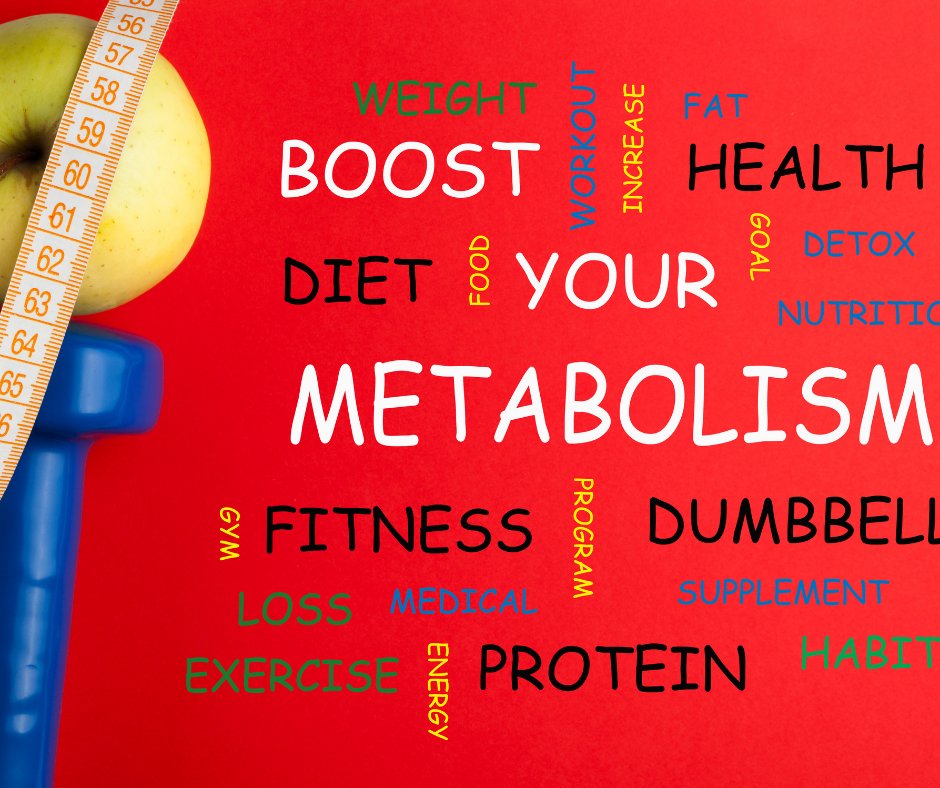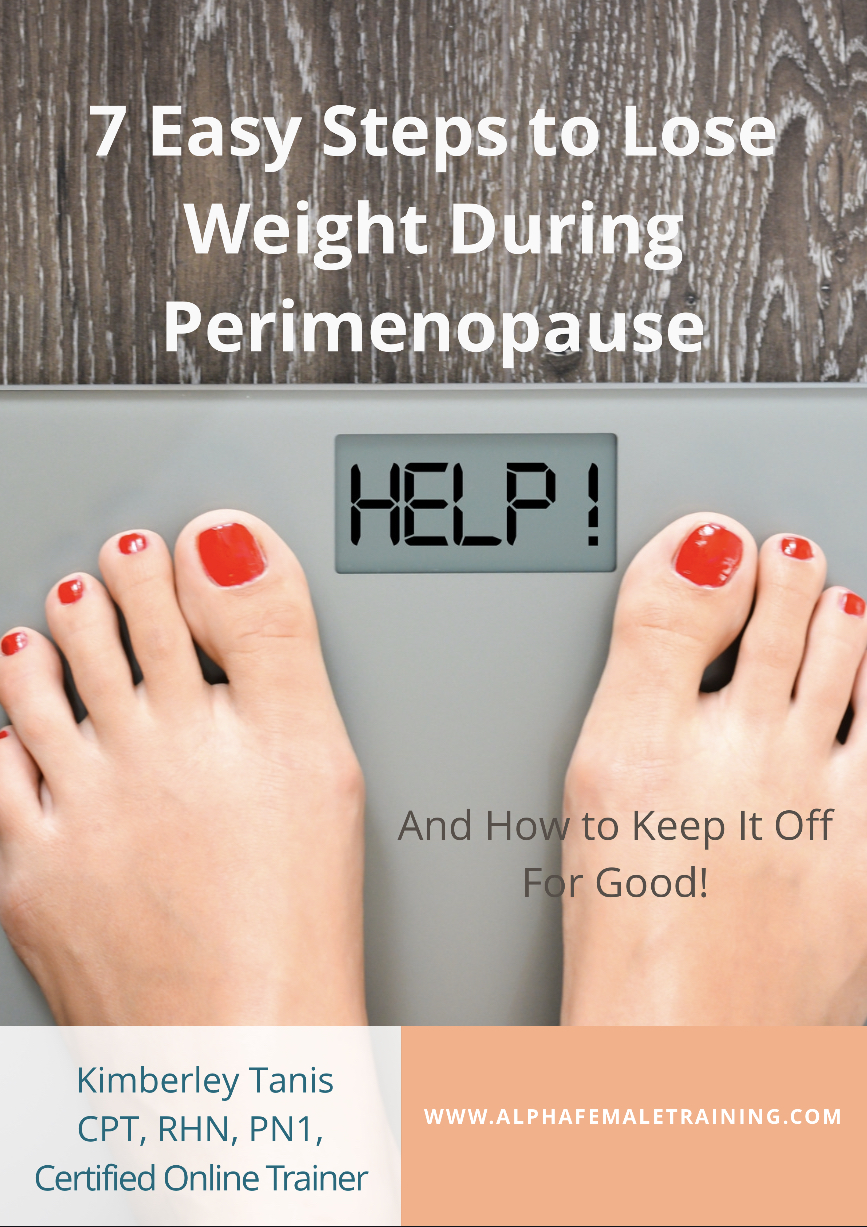Reasons You Are Not Losing Weight Over 40
Ladies, we've all been there - committing to a weight loss diet and then seeing no progress on the scale. It can be so discouraging that many of us just give up and go back to our old habits. But don't worry, there are reasons you are not losing weight and we can tackle them together.
Insert drumroll here ...The main reason you're not losing weight is because you're not in an energy (calorie) deficit.
I know that might not be the most helpful answer, but it's backed by science. There are different factors that can affect your ability to create or maintain an energy deficit, and we'll go over them in this article.
It can be frustrating not knowing why you're not seeing results, and unfortunately, some companies take advantage of our anxiety and insecurity by pushing diet and supplement products that are often ineffective or even harmful. We'll avoid those scams and focus on real solutions.
By the end of this article, you'll have a clear understanding of why you're not losing weight and practical tips to help you overcome the curse and reach your weight loss goals.

Reasons You Are Not Losing Weight #1
You are weighing yourself too often
Let's start by addressing a common mistake many people make when it comes to tracking their weight. Throughout the day, your body weight naturally fluctuates as you eat and drink, which is why weighing yourself in the afternoon or evening is not recommended. Similarly, don't be fooled by weighing yourself at the gym after a sweaty workout - the weight you've lost is likely just water weight.
For example, consuming a salty meal can increase fluid retention, causing a temporary spike in your body weight the following day. This doesn't necessarily mean you've gained body weight or fat, but rather that your body is holding onto more water than usual.
To accurately monitor your body weight, weigh yourself first thing in the morning, after going to the bathroom, with minimal clothing, and before eating or drinking anything. Aim to weigh yourself no more than a couple of times per week (unless you find it stressful), as daily fluctuations are normal and you need multiple measurements to track your progress. I have my clients weigh in once a week only - usually on a Wednesday.
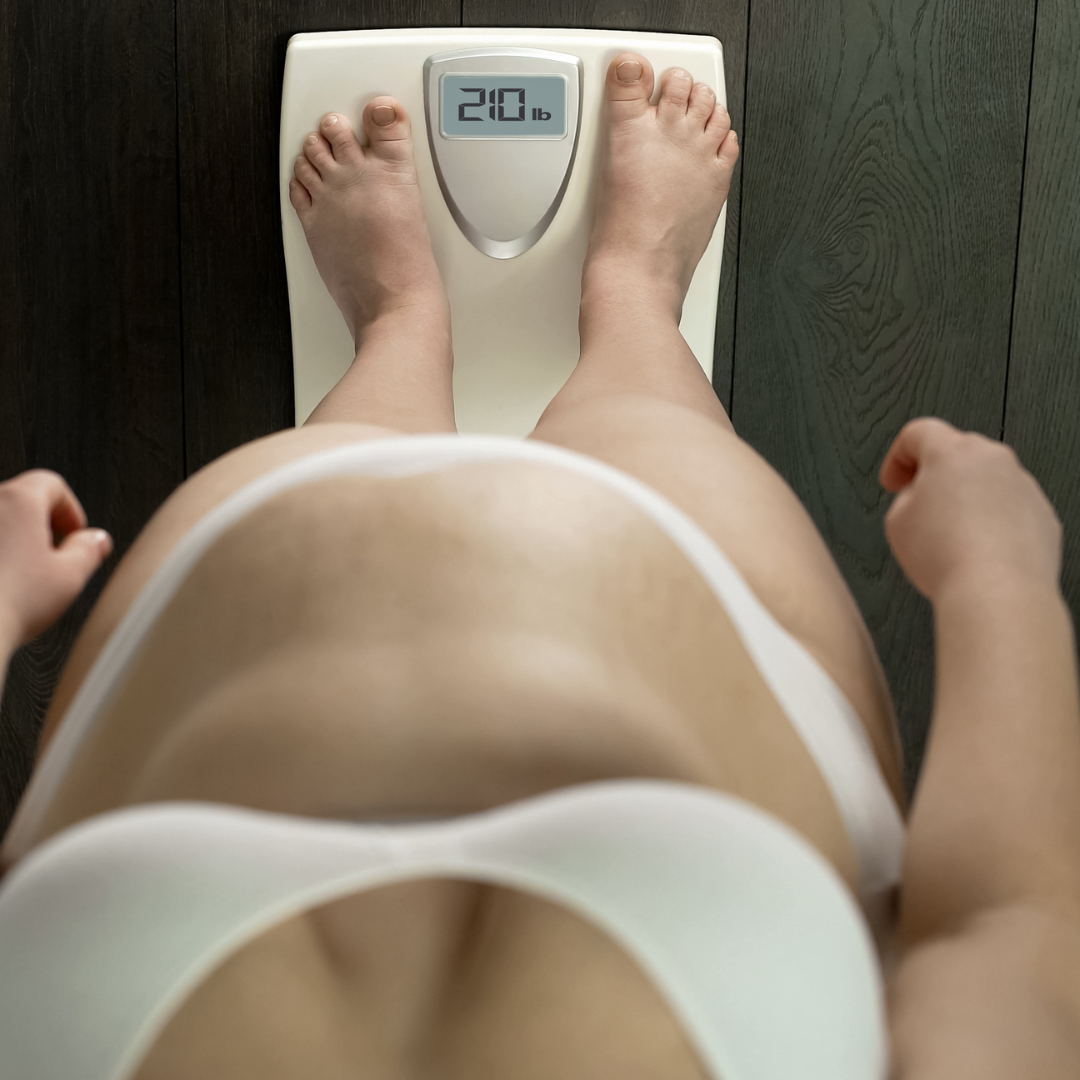
Reasons You Are Not Losing Weight #2
Your water weight is fluctuating.
Drinking more water can increase your body's water content and therefore your weight on the scale. Similarly, eating a high-carbohydrate meal or consuming sodium can lead to temporary increases in your body weight due to fluid retention. Think of it like stepping on the scale with a backpack on.
Build more muscle mass, combine resistance training with a protein-rich diet and possibly protein supplementation. While it's not necessarily true that muscle weighs more than fat, it is denser, meaning that if you compare two objects of the same size, the one made of muscle will weigh more. Building muscle and losing fat is essential for long-term health.
It's important to distinguish between different components of your body. The goal of any weight loss diet should be to lose body fat, maintain or gain lean muscle mass, and maintain body water, bone density, and other vital organs. However, measuring fat loss requires more than just a simple scale.
While body weight can be a useful measure of progress, it's important to remember that your body is composed of many different things and fluctuations are normal. Stay consistent in your efforts, and weight loss will eventually occur, but also accept that occasional weight gain is normal and don't freak out if the scale goes up sometimes. (How your clothes fit is a far better measure of your weight loss efforts.)
Reasons You Are Not Losing Weight #3
Not eating enough and your metabolism may slow
When you start a weight loss diet, your body naturally slows down your metabolism a little. It does this because it recognizes that you're taking in less energy and adjusts production accordingly. As you lose weight, there is less of you to fuel, so your body's energy expenditure drops too. This process is called adaptive thermogenesis and can make it harder for you to maintain weight loss in the long term.
In addition, as you lose weight, your body may send signals to your brain to slow down your movement and general activity to conserve energy. This can make you feel tired and slow, leading you to take the elevator instead of the stairs, drive instead of walk, and sit instead of stand. This is known as "starvation mode" and can make it difficult to stick to your diet.
But don't worry, there are ways to fight back against these changes. You may need to reduce your calorie intake slightly and commit to regular exercise and physical activity to keep your energy expenditure high. It's important to be consistent and stay motivated, even when the going gets tough. Remember that small, sustainable changes over time can lead to big results.
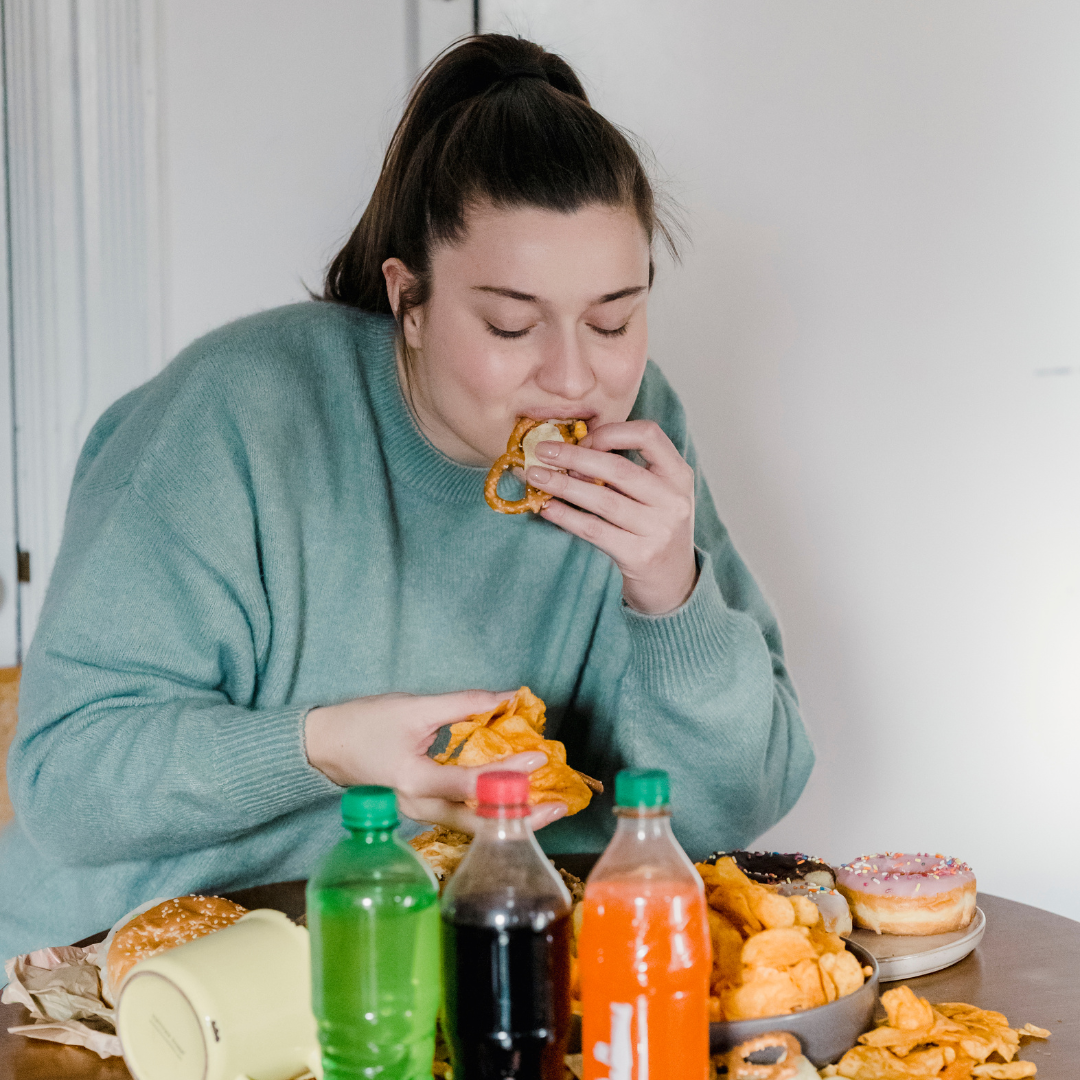
Reasons You Are Not Losing Weight #4
You're not being consistent enough
Inconsistency is a common reason for not losing weight when following a diet. While you may be highly motivated during the week, weekends often become an opportunity to relax and indulge, leading to inconsistency in your energy balance. A few drinks, some chips and pizza on Friday, a restaurant meal on Saturday, and a family dinner on Sunday can add up to a significant calorie surplus. This inconsistency can quickly undo your progress, and for most middle-aged women, 2000 kcal is more than enough to maintain their current weight.
Following recipes accurately is also crucial, as on the fly cooking can easily result in additional calories. It's important to measure ingredients precisely, as 50 grams of pasta is roughly 200 kcal, while 100 grams is 400 kcal. Consistency is an essential element of my nutrition philosophy, and it's not easy to maintain, but it's what will get you the desired results.
To be more consistent with your diet, avoid being too restrictive with your food choices, drinks, and snacks. The 80/20 rule applies here.
Allow yourself food freedom and focus on foods that will positively impact your progress, such as high-protein, high-fiber, and low-energy-density whole one ingredient foods. However, it's okay to indulge in your favorite foods in moderation. You may need to create healthier versions of your favorite foods, such as making a 1600 kcal large pizza using pita bread and use lower-fat cheese and lots of veggies. This small sacrifice will be well worth it in the end.
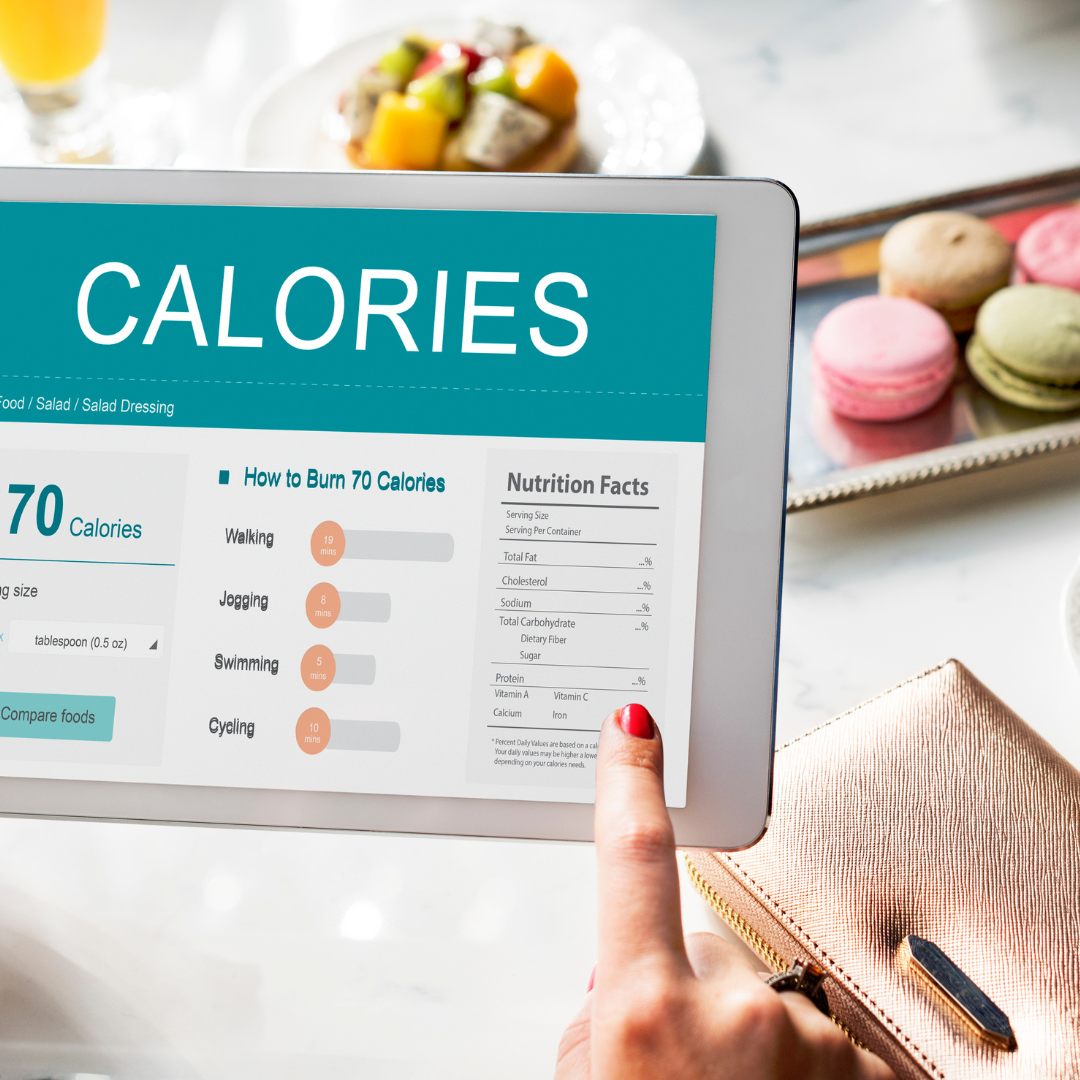
Reasons You Are Not Losing Weight #5
Hidden calories that sneak in and add up
Another reason for not achieving an energy deficit is the presence of sneaky calories in your daily diet. These high-calorie items sneak into your meals without your awareness, sabotaging your weight loss progress. Though counting calories isn't mandatory, it's important to be conscious of the energy density of the food you consume.
Common sources of hidden calories are sauces and condiments. For instance, a 2 oz serving of tomato ketchup contains 80 kcal, while mayo contains 360 kcal, aioli has 400 kcal, and ranch dressing has 240 kcal. These calories can add up quickly, and a quick calculation shows that you've just added 1080 kcal to your daily intake, pushing you from a 1400 kcal diet to a 2480 kcal diet that can cause weight gain instead of weight loss.
Eating out regularly is another source of hidden calories. Even healthy restaurant choices can have more calories than homemade versions of the same meal. Restaurants aim to make food that customers love and come back for, which is easy to achieve by adding extra fat, salt, and sugar. Mashed potatoes, for example, may contain 500 kcal when prepared with whipped cream and butter in a restaurant, whereas at home, you could make them with a small amount of Greek yogurt and low-fat milk, providing only 230 kcal. Over time, these small savings can add up, particularly if you dine out often.
Adding a few teaspoons of cream and milk to your tea or coffee is another way to consume additional calories. A black coffee contains approximately 40 kcal, while adding sugars and milk can raise the calorie count to almost 100 kcal, with three to four cups a day adding up to 400 kcal. Adding milk and sweetener to tea and coffee improves the taste, but you should be mindful of the calories they add. A quick stop at Starbucks for coffee can easily add 500 kcal to your daily intake.
Nut butters, nuts, avocado, olives, and olive oil are other surprisingly high-calorie foods that can be considered stealth calories. These foods are high in healthy fats, fiber, and micronutrients, and you may believe that they are healthy, but they can also contribute significant calories. A 2 oz serving of peanut butter contains 250 kcal, while half an avocado has approximately 240 kcal. To avoid consuming too many calories, always be mindful of portion sizes.
Finally, failing to follow recipes accurately is another way to consume stealth calories. A tablespoon of olive oil contains 119 kcal, and pouring olive oil directly from the bottle instead of measuring a tablespoon serving as stated in the recipe can add an additional 400 kcal.
Being aware and mindful of everything you consume can help you avoid consuming these stealth calories, which can quickly turn your weight loss efforts into weight gain.
Reasons You Are Not Losing Weight #6
Unconscious eating, particularly snacking, can be a significant obstacle in weight loss. Whether it's mindlessly munching on salted nuts at your desk or indulging in a tub of ice cream while binge-watching Netflix, these habits can spiral out of control quickly.
While opting for pre-portioned snacks is a step in the right direction, it's crucial to address the root cause of these habits. This involves setting boundaries, shaping your environment to make healthy options readily available, and redirecting emotional eating. Mindful eating is also a crucial tool in overcoming these challenges, which is a topic we delve into in our ReverseHealth video course.
To successfully achieve weight loss, creating and maintaining a negative energy balance is essential. However, various roadblocks can arise, such as inconsistency, time of day, changing body composition, adaptive thermogenesis, and the consumption of stealth calories. By being aware of these challenges and making the necessary adjustments, you can achieve your weight loss goals. Finally, avoiding mindless snacking and remaining mindful and present while eating can also be helpful.

Reasons You Are Not Losing Weight #7
You are not moving enough during the day.
We all sit way too much nowadays so our overall calories used during the day have gone way down. We sit in our cars we sit at our desks we sit on the couch and we don't walk enough.
Most people have a tracking device for steps such as a Fit Bit or Apple Watch and these can be very helpful for getting data on yourself and your overall activity. You may find you are far less active than you thought.
See what your average steps are for a few weeks and make a dedicated effort to increase them. Many of my clients find it easier to take a 10 minute walk after eating meals than doing a one hour block of time and by the end of the day they've achieved their step goals.
Again - consistency over time. If you are currently averaging 3000 steps per day aim for 3500. Don't decide you're going to hit 10,000 steps a day because you may set yourself up for failure. Incremental increases are wins.
